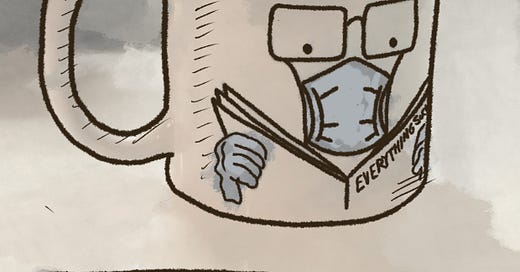Punk Rock Giants Walk Amongst Mortals in Fort Collins
A History of the Blasting Room Recording Studios
Punk Rock Giants Walk Amongst Mortals in Fort Collins
A History of the Blasting Room Recording Studios
Dave Grohl of the Foo Fighters and Nirvana once said he didn’t bother taking lessons when he first started playing drums. As a kid, he instead listened to his favorite records and played along on a mock set of drums he made in his bedroom out of pillows …
Keep reading with a 7-day free trial
Subscribe to The Colorado Switchblade to keep reading this post and get 7 days of free access to the full post archives.




